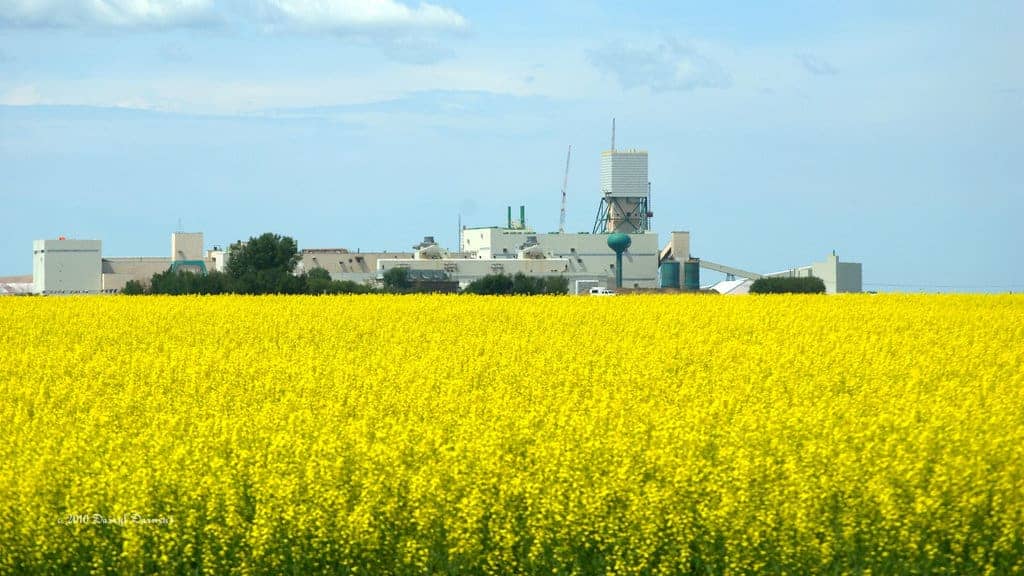Potash Corporation of Saskatchewan Inc. (TSX:POT)(NYSE:POT) and Agrium Inc. (TSX:AGU)(NYSE:AGU) received the green light on Tuesday from the Competition Bureau in Canada for the merger of the two companies to go ahead. The merger still awaits approval in the U.S., China, and India, and the expectation is that the transaction will be completed by the end of this year. The merger was initially announced a year ago; it will be an all-stock transaction without any transfer of cash and the newly formed company will be called Nutrien.
The companies have similar market caps, and when the transaction is completed, Nutrien will have operations in 18 different countries with almost 20,000 total employees. Agrium and Potash Corporation produce similar types of products that help in agriculture to improve the yield of crops. The potential is significant, and Nutrien will have excellent growth prospects, but that is not to say there won’t be challenges.
Potash prices have taken a bigger hit than oil
The price of oil has effectively been cut in half in just three years, but that doesn’t compare to the decline that Potash Corporation has been on. In 2008, Potash Corporation was able to realize an average price of $900 per tonne compared to just $174 in the company’s most recent quarter for a total decline of over 80%. The company has actually seen an improvement in its potash prices from a year ago when it only realized an average price of $154.
The impact the merger might have on the economy
The merger will allow the two companies to have more control over output, which would help drive prices up. The vast majority of potash production in the world is used as fertilizer, and an increase in the cost of fertilizer could drive up food prices for consumers in the long term. As the companies work to control production and cut costs, mine closures are likely to follow as well, as the expectation is that $500 million in operating synergies can be achieved once the merger is complete.
The merger is still not a foregone conclusion
If the merger goes through, then just two companies would be left to produce potash in North America. With such little competition, this could result in antitrust concerns for the U.S., which would still need to approve the deal. Although both companies are confident the merger will go through, the approval is the last big hurdle left in the process.
Bottom line
If the merger goes through, it would be a great way to invest in a company with a strong position in the industry where its products are crucial to agriculture and are likely to see continued demand, especially as populations increase and more crops need to be grown. However, a look at the volatility of potash prices suggests that the new company may just be more exposed to that risk.
If potash prices continue to recover, then over the long term, this could be a good investment, but until that happens, I would avoid the headache of investing in companies that are negatively impacted by struggling commodity prices.








